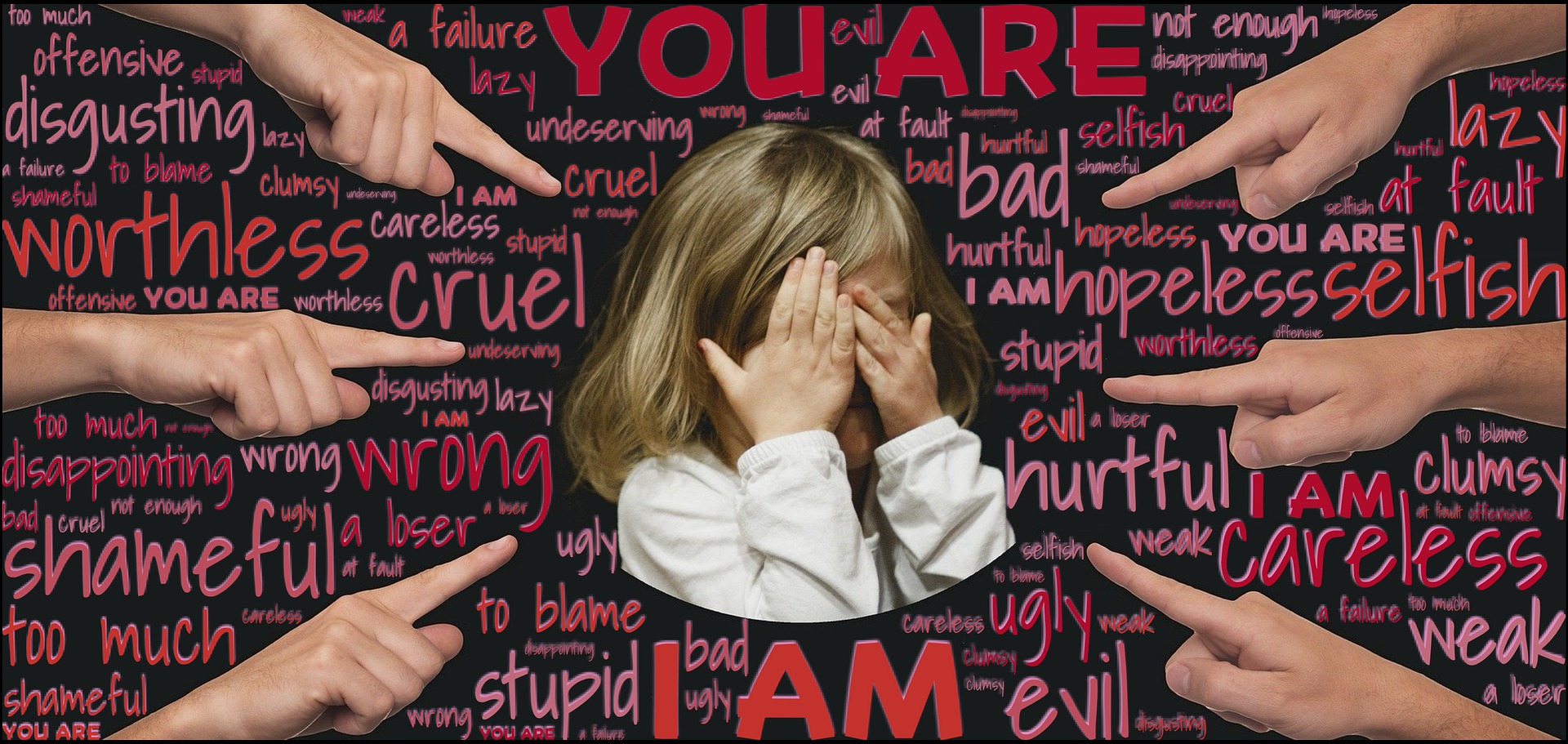The Guilt Complex: Understanding, Recognising and Overcoming It
Do you often feel guilty for things you have done, even if they seem small or trivial? Do you find it hard to forgive yourself for past mistakes, and do they continue to haunt you? If you answered yes to these questions, you may be suffering from a guilt complex. In this blog post, we’ll explore what a guilt complex is, the signs to look out for, and how to overcome it.
What is a Guilt Complex?
A guilt complex is a psychological condition that is characterised by an excessive and irrational sense of guilt. People with a guilt complex often feel guilty for things they have no control over, such as someone else's behaviour or the outcome of events. They may also feel guilty for things they did not do or were not responsible for. This persistent guilt can have a significant impact on their daily lives, including their relationships, work, and overall well-being.
Signs of a Guilt Complex
The following are some common signs that you may be suffering from a guilt complex:
Overthinking past actions: You often find yourself ruminating on past actions or events, even if they happened a long time ago.
Inability to forgive yourself: You are unable to forgive yourself for past mistakes, no matter how much time has passed.
Excessive apologising: You apologise excessively, even for things that are not your fault.
Avoiding social situations: You may avoid social situations or interactions with others due to feelings of guilt.
Low self-esteem: You may have low self-esteem, due to feelings of worthlessness and shame.
Physical symptoms: Constant stress and guilt can lead to physical symptoms such as headaches, stomach problems, and fatigue.
Difficulty sleeping: You may experience difficulty sleeping, as the guilt continues to haunt you even when you are trying to rest.
How to Overcome a Guilt Complex
The following are some practical steps you can take to overcome a guilt complex:
Challenge irrational thoughts: The first step to overcoming a guilt complex is to challenge the irrational thoughts that are causing the feelings of guilt. Ask yourself if the guilt is proportionate to the situation, and if not, try to reframe your thoughts.
Practice self-compassion: Instead of being overly critical of yourself, practice self-compassion. Treat yourself with the same kindness and understanding that you would show to a friend.
Forgive yourself: Forgive yourself for past mistakes, and try to let go of the guilt. Remember that everyone makes mistakes and it’s okay.
Seek support: Talk to a trusted friend or family member, or consider seeking support from a mental health professional.
Engage in self-care: Take care of yourself by engaging in activities that bring you joy and relaxation, such as exercise, reading, or meditation.
Focus on the present: Try to focus on the present moment, rather than dwelling on the past. Engage in activities that bring you happiness and fulfillment.
Learn from past mistakes: Instead of dwelling on past mistakes, try to learn from them and use the experience to grow and become a better person.
See a therapist: A therapist will help you understand where your feelings come from and how to handle them in a healthy way.
In conclusion, a guilt complex can have a significant impact on your daily life. If you are experiencing feelings of excessive and irrational guilt, it is important to seek support and take steps to overcome it. By challenging irrational thoughts, practising self-compassion, and focusing on the present, you can overcome the guilt complex and live a fulfilling life.








